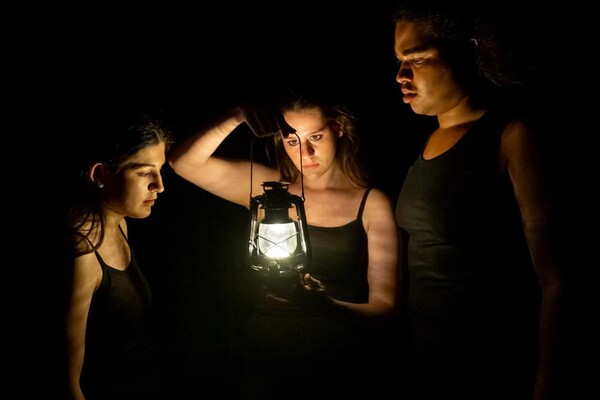
Image: Aditya Irawan/NurPhoto via AP Images
The Centers for Disease Control and Prevention (CDC) has said there is no evidence linking the MMR (measles, mumps, rubella) vaccine and getting autism. But 24% of U.S. adults do not accept that—they say that statement is somewhat or very inaccurate—and another 3% are not sure, according to the survey by the Annenberg Public Policy Center (APPC). About three-quarters of those surveyed say that statement is somewhat or very accurate.
The findings are consistent with those in an APPC survey administered by NORC in October 2018, prior to the COVID-19 pandemic. The two surveys indicate that a sizable and consistent number of Americans either believe the false connection or do not know what is correct. The false link was asserted by Andrew Wakefield in a 1998 Lancet paper that was subsequently retracted.
“The persistent false belief that the MMR vaccine causes autism continues to be problematic, especially in light of the recent increase in measles cases,” says Kathleen Hall Jamieson, APPC director. “Our studies on vaccination consistently show that the belief that the MMR vaccine causes autism is associated not simply with reluctance to take the measles vaccine, but with vaccine hesitancy in general.”
The new findings are also consistent with APPC surveys in 2021-2023 that did not mention the CDC’s guidance. In these surveys, 9% to 12% thought it was probably or definitely true that vaccines given to children for diseases like measles, mumps, and rubella cause autism, while 17% to 18% were not sure whether that is true or false.
A majority of survey respondents know how measles can and cannot be spread. Very few of those surveyed know how long a person infected with measles can spread the virus before developing the signature measles rash. The survey asked respondents to select whether a series of possible complications were associated with having measles while pregnant. Less than 4 in 10 people correctly identified two complications associated with contracting measles while pregnant.
Most people (57%) are not sure whether pregnant individuals should get vaccinated against measles if they have not already been vaccinated against it. Almost one-third incorrectly think that medical professionals recommend that pregnant people take the vaccine. Only 12% know that medical professionals do not recommend this vaccine for pregnant individuals. This is because the measles vaccine uses a live, weakened (i.e., attenuated) form of the virus. The CDC notes: “Even though MMR is a safe and effective vaccine, there is a theoretical risk to the baby. This is because it is a live vaccine, meaning it contains a weakened version of the living viruses.”
Read more at Annenberg Public Policy Center.
From the Annenberg Public Policy Center

Image: Aditya Irawan/NurPhoto via AP Images

nocred

Image: Michael Levine

A West Philadelphia High School student practices the drum as part of a July summer program in partnership with the Netter Center for Community Partnerships and nonprofit Musicopia.
nocred